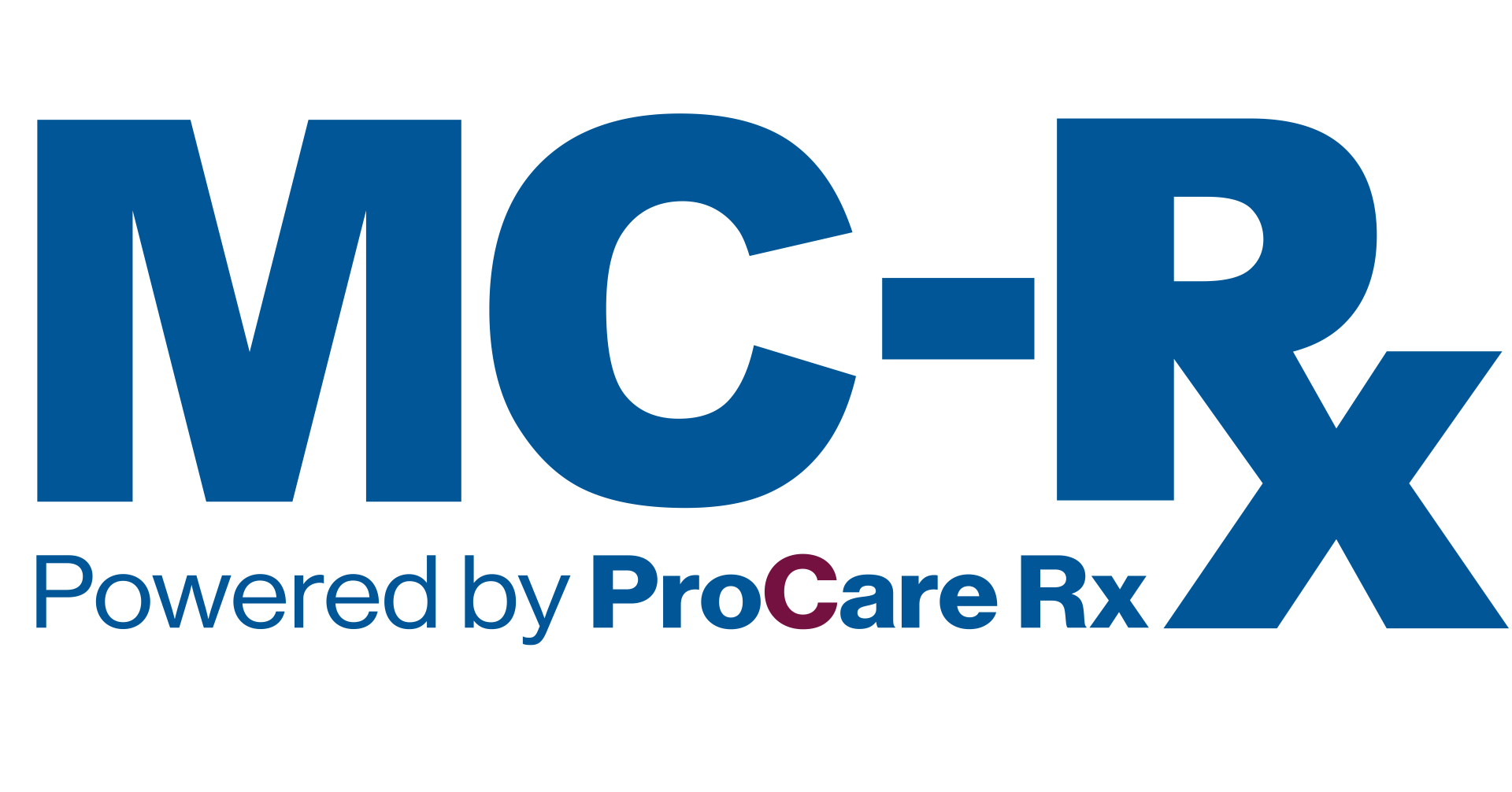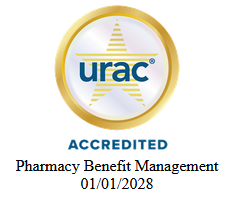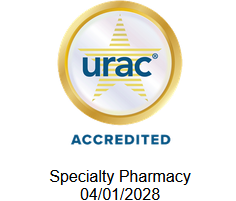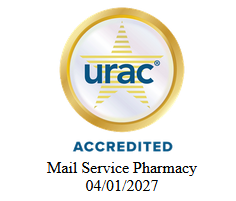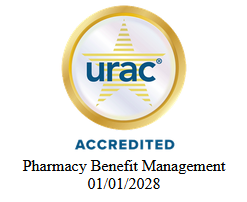Amoxicillin Shortage
How Severe is the Amoxicillin Shortage in the United States?

Background:
Recent reports, in late October, mention a potential Amoxicillin shortage. The shortage is predominantly due to supply concerns among the three (3) largest manufacturers, Hikma Pharmaceuticals, Teva Pharmaceutical Industries and Sandoz.
Is There Actually a Shortage of Amoxicillin?
As of October 31st 2022 via the Food and Drug Administration (FDA), there is a shortage of Amoxicillin, specifically, the oral suspension. Unfortunately, the oral suspension is used predominantly in pediatric populations for upper respiratory infections.
What Should We Do?
As a healthcare organization, we should be guiding our clients and patients to remain calm and not stockpile Amoxicillin, which may exacerbate the current situation.
What Are Our Recommendations?
As we approach the cold season, it is important for clients to notify providers and patients about the shortage. It is the duty of the patient’s provider to consider therapeutic alternatives for Amoxicillin. However, for the treatment of respiratory illness, it is important to note the American Lung Association (ALA) cites that anywhere from ten to forty percent (10-40%) of common colds are viral in nature, which means it is of utmost importance that providers are prudent and judicious when prescribing antibiotics in order to promote effective antibiotic stewardship, especially in times of a national shortage.
If antibiotic therapy is needed, for people unable to get their amoxicillin, work with a pharmacist or with the prescriber to find another pharmacy that might have the drug in stock. There may be a different concentration or a dosage form that’s available, but there’s also several other options that can be used as far as antibiotics go.
Although this is not an exhaustive list, please see some of our recommendations:
- Infections of the ear, nose, and throat:
- Consider topical therapies, if appropriate, especially in the ear (example: antibiotic ear drops)
- Consider alternative oral therapies if patient’s symptoms are systemic
- Infections of the genitourinary tract
- Consider alternative oral therapies
- Infections of the skin and skin structure
- Consider topical therapies, if appropriate.
- Consider alternative oral therapies if patient’s symptoms are systemic or disease is progressing
- Infections of the lower respiratory tract
- Consider alternative oral therapies
- Gonorrhea, acute uncomplicated (ano-genital and urethral infections)
- Consider alternative oral therapies
- H. pylori eradication to reduce the risk of duodenal ulcer recurrence
- Dual or Triple Therapy
- Consider alternative antibiotics such as Clarithromycin, Metronidazole, Tetracycline, etc.
When Is the Shortage of Amoxicillin Expected to End?
As health-systems and insurers monitor the situation closely, there is a speculative release date for new batches of generic Amoxicillin (oral suspension, chewable tablets, and capsules) for November to December 2022.
In Conclusion:
As we approach the cold season and expect to see increased cases of provider visits for respiratory infections, we also expect to see an increase in utilization for generic Amoxicillin. It is important for us to notify clients about the shortage, so the client can inform their patients and providers. Additionally, providers should be prepared to recommend therapeutic alternatives for Amoxicillin based on the patient’s signs and symptoms.
References:
1. https://thehill.com/policy/healthcare/3705290-companies-report-shortages-of-common-childhood-antibiotic-amoxicillin/
2. https://www.accessdata.fda.gov/scripts/drugshortages/dsp_ActiveIngredientDetails.cfm?AI=Amoxicillin+Oral+Powder+for+Suspension&st=c&tab=tabs-4&panels=1
3. https://www.ashp.org/drug-shortages/current-shortages/drug-shortage-detail.aspx id=875&loginreturnUrl=SSOCheckOnly



